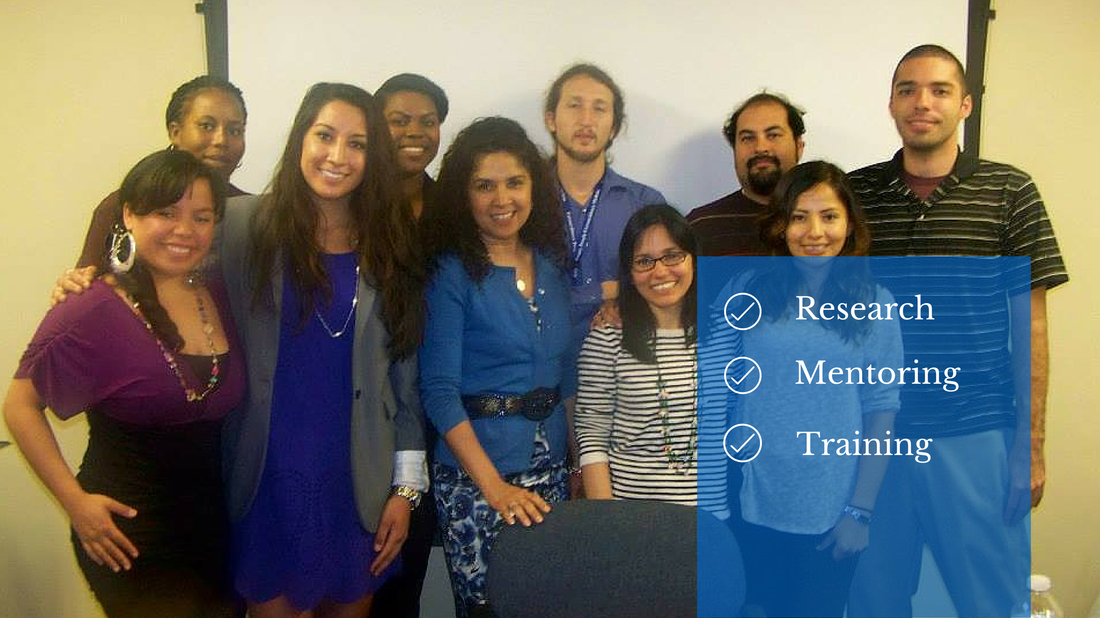|
With the summer break just around the corner, I imagine that many of you are also starting to think about how to best utilize this opportunity to do something productive and beneficial to your academic and professional career. Internship, as you know, is one of the most popular summer activities that students take on to hone on their skills, learn from professionals, and even receive mentorship. Whether you have already secured a great internship or you’re still looking for one, let’s take a moment and think about how to become a successful intern, so that you can get the most of out of your experience. After all, landing an internship is just a beginning, and it is up to you to make it a productive experience. So what are some of the key components to a successful internship? 1. Be humble.
As ambitious as you may be, one thing to remember is that you’re not there to change the world. Rather, be mindful that your internship experience is most likely to change you, and teach you how to become a great researcher and scientist who will make important contributions. So be open to constructive feedbacks and advice from your supervisor and colleagues, because, as the saying goes, “true humility is staying teachable, regardless of how much you already know”. 2. There is no such thing as “just an intern”. While I say humility is important, this notion shouldn’t be mistaken as an approval for you to become passive or uninvolved. Rather, it’s crucial that you remember that you’re part of the organization, and not just an intern. Always act professional as if you’re already an employee, not to mention be mindful of punctuality, your attire, and other common office courtesy and rules, and engage in professional life as a member of the organization. Even if your role is a small part in a large organization, always remember that everything that you do will have an impact, both positive and negative. 3. Show your commitment. Your supervisor will be more willing to offer you challenging and fulfilling tasks if they believe that you genuinely care about the work that you’re doing. Take notes, ask questions, and share your ideas so that they know that you’re interested. Establish a good relationship with your supervisor, and meet with them regularly so that you can keep track of how you are performing, and make sure that both of your expectations are being met. 4. Communicate, and communicate well. Communication skill is a highly valued asset that many employers look for in job candidates, 1 and this applies to interns as well. Think about how you’re communicating with your supervisor and colleagues, both verbal and written, and explore ways to improve it. It is also important, if you’re uncertain about any aspects of your work, be it your duties or attire, that you ask questions to clear such doubts and before assuming anything. A small misunderstanding can sometimes have much larger repercussions. 5. Keep in touch. Lastly, don’t just disappear after your internship is complete! Make an effort to stay in touch with your supervisor and colleagues, by sending them periodical updates, or checking in to say hello. Your supervisor is a very valuable contact to maintain, since you might ask them to write a recommendation later on, or go back to them for additional advice and counseling when you’re ready to start your professional career. Send them an email or give them a call because you care about them. Contacting them only when you need something from them will not make you look good. Internships can be a very rewarding experience that can get you closer to your dream job. But ultimately, it’s up to you when it comes to getting the most out of it. I hope this post helps you to get an idea on how you can make your next internship most productive time in your college life. Additional Source: 1. Job outlook 2016: The attributes employers want to see on new college graduates’ resume. http://www.naceweb.org/career-development/trends-and-predictions/job-outlook-2016-attributes-employers-want-to-see-on-new-college-graduates-resumes/
0 Comments
Your comment will be posted after it is approved.
Leave a Reply. |
This section will not be visible in live published website. Below are your current settings: Current Number Of Columns are = 1 Expand Posts Area = 1 Gap/Space Between Posts = 8px Blog Post Style = card Use of custom card colors instead of default colors = 1 Blog Post Card Background Color = current color Blog Post Card Shadow Color = current color Blog Post Card Border Color = current color Publish the website and visit your blog page to see the results AuthorDr. Luz Claudio is an environmental health scientist, mother and consultant, originally from Puerto Rico. She is a tenured professor of environmental medicine and public health. Luz recently published her first book: How to Write and Publish a Scientific Paper: The Step-by-Step Guide. Dr. Claudio has internship programs and resources for young scientists. Opinions expressed in this blog are solely her own and may not reflect her employer's views. Categories
All
|
|
Dr. Luz Claudio
[email protected] |
|
Opinions expressed in this website are solely Dr. Luz Claudio's own and may not reflect her employer's views. None of the information on this website should be taken as medical advice.
© COPYRIGHT 2018. ALL RIGHTS RESERVED.



 RSS Feed
RSS Feed